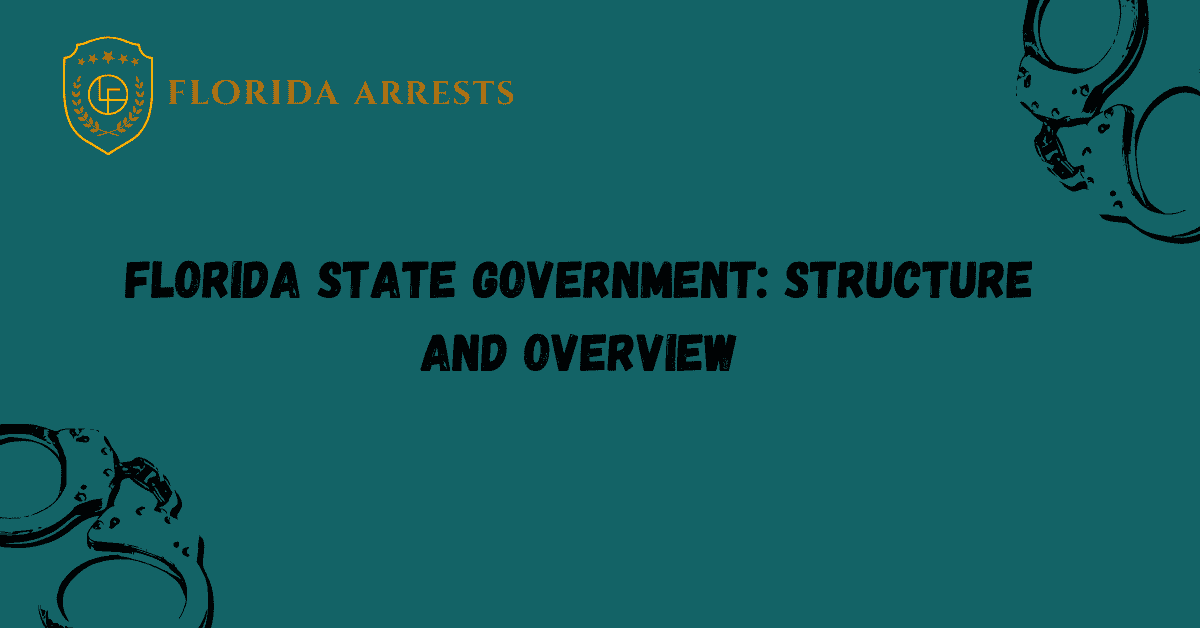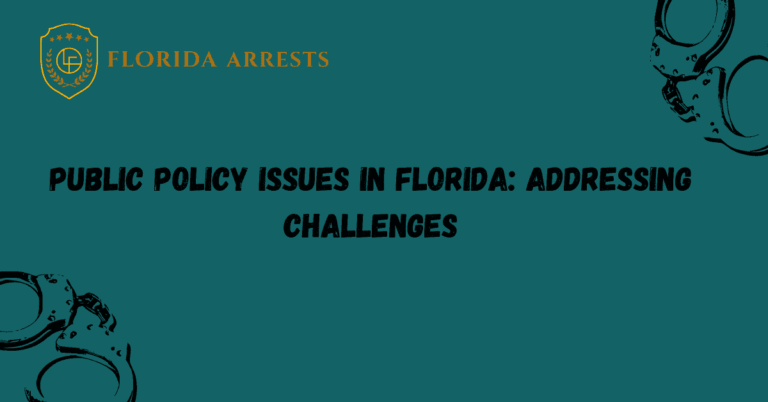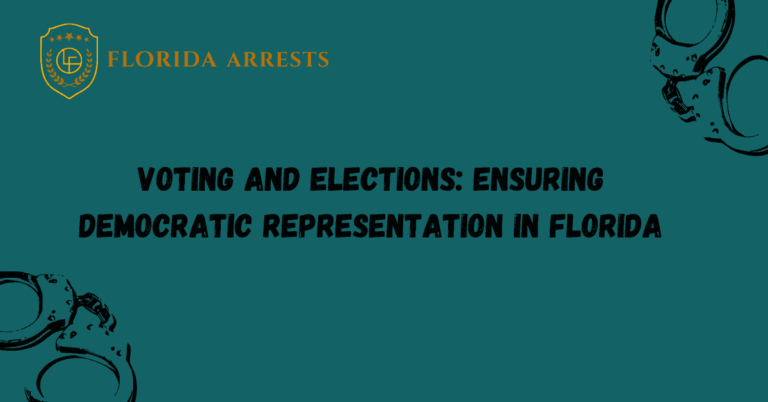Florida State Government: Structure and Overview
Florida, known as the Sunshine State, is home to a unique and intricate state government system. With three branches of government – the executive, legislative, and judicial – Florida’s government structure is designed to ensure a balance of power and representation for its residents.
The executive branch, headed by the Governor, is responsible for implementing and enforcing laws and policies. The Governor is elected by the people of Florida and serves as the state’s chief executive. Alongside the Governor, various executive agencies and departments work together to oversee different aspects of governance, such as education, transportation, and healthcare.
The Legislative Branch
The legislative branch is responsible for making laws in Florida. It consists of two houses: the Senate and the House of Representatives. The Senate is made up of 40 members, each representing a specific district within the state. The House of Representatives has 120 members, with each representing a smaller geographic area known as a district. Together, these two bodies work together to propose, debate, and pass legislation that affects the residents of Florida.
The Judicial Branch
The judicial branch is responsible for interpreting and applying the laws in Florida. It is made up of various courts, including the Supreme Court, district courts of appeal, circuit courts, and county courts. The Supreme Court is the highest court in the state and has the final authority on legal matters. The district courts of appeal review decisions made by lower courts, while the circuit courts handle a wide range of cases, including civil, criminal, and family law matters. County courts handle misdemeanor cases and civil disputes involving smaller amounts of money.
The Governor’s Role
The Governor is the head of the executive branch and serves as the state’s chief executive. They are elected by the people of Florida and are responsible for implementing and enforcing laws and policies. The Governor has the power to appoint individuals to various executive positions, such as agency heads and department directors. They also have the authority to veto legislation passed by the legislature, although their veto can be overridden by a two-thirds majority vote.
Executive Agencies and Departments
Alongside the Governor, various executive agencies and departments work together to oversee different aspects of governance in Florida. These agencies and departments are responsible for implementing and enforcing laws and policies within their respective areas of expertise. For example, the Department of Education is responsible for overseeing the state’s education system, while the Department of Transportation manages the state’s transportation infrastructure. These agencies and departments play a crucial role in ensuring the smooth operation of the state government.
Balance of Power and Representation
The structure of Florida’s government is designed to ensure a balance of power and representation for its residents. The three branches of government – executive, legislative, and judicial – provide checks and balances to prevent any one branch from becoming too powerful. The Governor’s role as the chief executive is balanced by the legislative branch’s power to create and pass laws. The judicial branch serves as an independent entity that ensures the constitutionality of laws and protects the rights of individuals. This system of government helps to ensure that the voices of Florida’s residents are heard and that their interests are represented.
FAQs
What is the structure of the Florida State Government?
The Florida State Government is structured into three branches: the executive branch, the legislative branch, and the judicial branch. The executive branch is headed by the Governor, who is responsible for implementing and enforcing laws. The legislative branch consists of the Florida Legislature, which is composed of the Senate and the House of Representatives. The judicial branch includes the Florida Supreme Court, which is the highest court in the state.
What are the responsibilities of the Governor in the Florida State Government?
The Governor of Florida has various responsibilities, including proposing and signing bills into law, appointing officials to state positions, overseeing the state budget, and serving as the commander-in-chief of the state’s military forces. Additionally, the Governor represents the state at official events and has the power to grant pardons and reprieves.
How are laws created in the Florida State Government?
In the Florida State Government, laws are created through a process that involves both the executive and legislative branches. Typically, a bill is introduced by a legislator in either the Senate or the House of Representatives. The bill then goes through committee hearings, debates, and votes in both chambers before being sent to the Governor for approval or veto.
What is the role of the Florida Legislature in the state government?
The Florida Legislature is responsible for making laws and policies for the state. It consists of 40 Senators and 120 Representatives who are elected by the citizens of Florida. The Legislature holds regular sessions to discuss and debate proposed bills, and its members represent the interests of their constituents when making decisions on legislation.
How are judges appointed in the Florida State Government?
In the Florida State Government, judges are appointed by the Governor. When a judicial vacancy occurs, the Governor selects a candidate from a list of nominees provided by a Judicial Nominating Commission. The appointed judge then serves a term and may be subject to retention elections to continue serving in their position.
What is the role of the Florida Supreme Court in the state government?
The Florida Supreme Court is the highest court in the state and serves as the final authority on legal matters. It consists of seven justices who are appointed by the Governor and confirmed by the Florida Senate. The Supreme Court reviews appeals from lower courts, interprets the state constitution, and ensures the fair administration of justice in Florida.






